Should You Be Using A Perfume Oil?
But first things first: what even is a perfume oil?
Finding a signature scent is a deeply personal pursuit. Are you a fresh, floral, woody or citrus person – or a combination of each?
As if that process isn’t tricky enough (yes, we’re commitment-phobes) then there’s the type of perfume. Eau de Cologne, Eau de Toilette and Eau de Parfum are the traditional types but more recently, there’s an up-and-coming player on the block: perfume oil.
While perfume oils aren’t new, they’ve recently had a makeover with more and more brands working in oil form. But before we invest in one, we have one important question to ask first: what even is a perfume oil?
WHAT IS A PERFUME OIL?
Local brand Ayu specialises in scented oils that combine the ancient art of perfumery with ayurveda to help balance the mind, body and spirit. “A fragrance oil is composed of a mixture of essential oils and absolutes, plants, flowers, barks, herbs and resins,” says Alanna Quin, Co-Founder of Ayu. “Depending on the perfumer that we work with, they can be formulated using traditional Indian attars where the essences of flowers and woods are distilled using sandalwood oil as a base in a very traditional and ancient method passed down through generations.”
More traditional perfumers also dabble in the perfume oil space by adding a small amount of a synthetic compound to an oil base.
WHAT IS THE DIFFERENCE BETWEEN A STANDARD FRAGRANCE AND A PERFUME OIL?
“A standard fragrance will contain alcohol which is used to diffuse the aromatic compounds, helping them to merge and to lift the perfume notes,” Quin explains. “A fragrance oil won’t contain alcohol but will use other oils in place of alcohol to provide similar benefits.”
WHAT ARE THE BENEFITS OF A PERFUME OIL?
Generally speaking, a fragrance oil is more concentrated so “a little goes a long way.”
“Oils tend to stick to the skin as they’re really emollient and utilise natural fixatives, whereas perfumes that contain alcohol tend to dry up and fade quickly as the alcohol evaporates. Alcohol can also be very drying to the skin.”
WHO IS MOST LIKELY TO SEEK OUT A PERFUME OIL?
In recent years, traditional fragrances have been the subject of scrutiny due to a lack of transparency. When ‘fragrance’ is listed on an ingredient label that single ‘ingredient’ could contain a cocktail of chemicals or it could be a simple blend of low-risk ingredients. We just don’t know. It’s for that reason, many pregnant women and health conscious persons choose to forgo standard fragrance for more naturally derived perfume oils like Ayu. (Read our full run down on pregnancy safe perfume here.)
HOW TO APPLY PERFUME OIL
For the full experience, perfume oil is best applied to your pressure points – think: neck, wrists, elbows and behind your knees. “Pressure points are where vessels are closest to the skin, emanating heat and therefore activating the fragrance.”
WHAT ARE OUR FAVOURITE PERFUME OILS?
Thought you’d never ask! Souq by Ayu ($60) is a luminous blend of rose, jasmine, musk and sandalwood with grounding and calming properties; Cuban Tobacco by Lumira ($55) combines tobacco, patchouli and musk for a sophisticated unisex scent; Mohave Ghost by Byredo ($89) is popular in all its forms (it comes in EDP and oil) and is equal parts woody and floral.


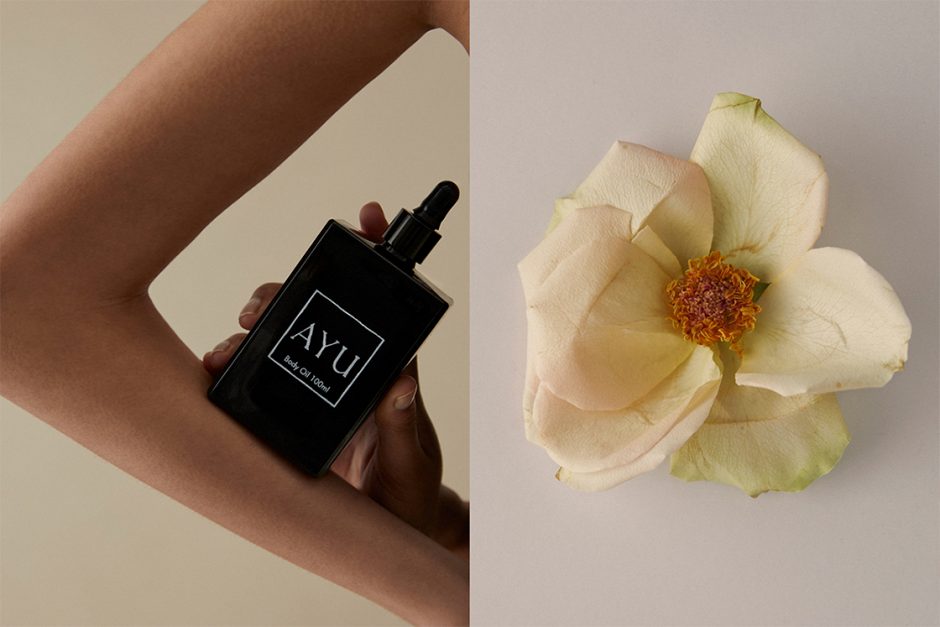
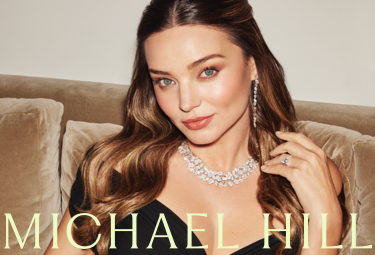
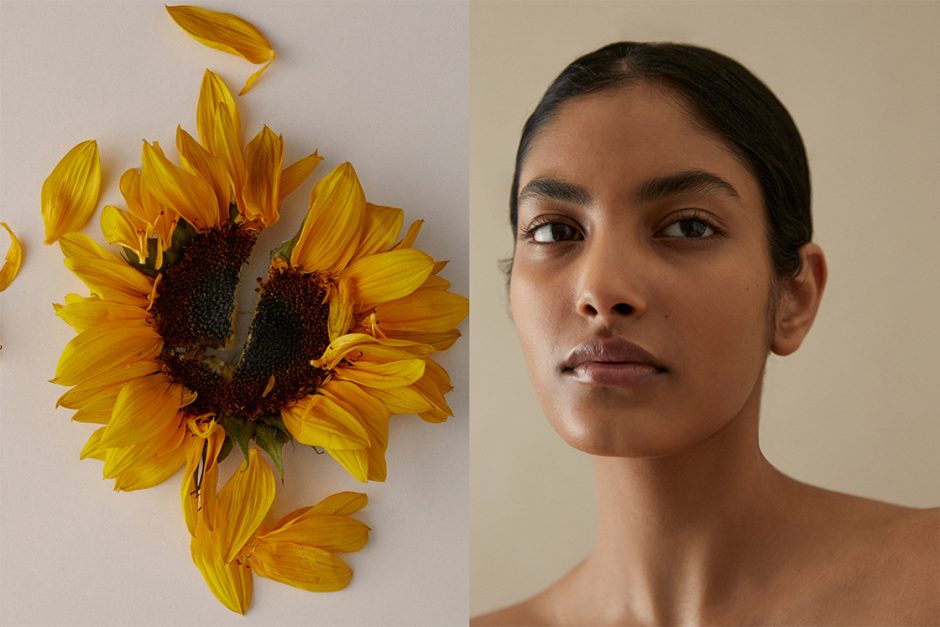
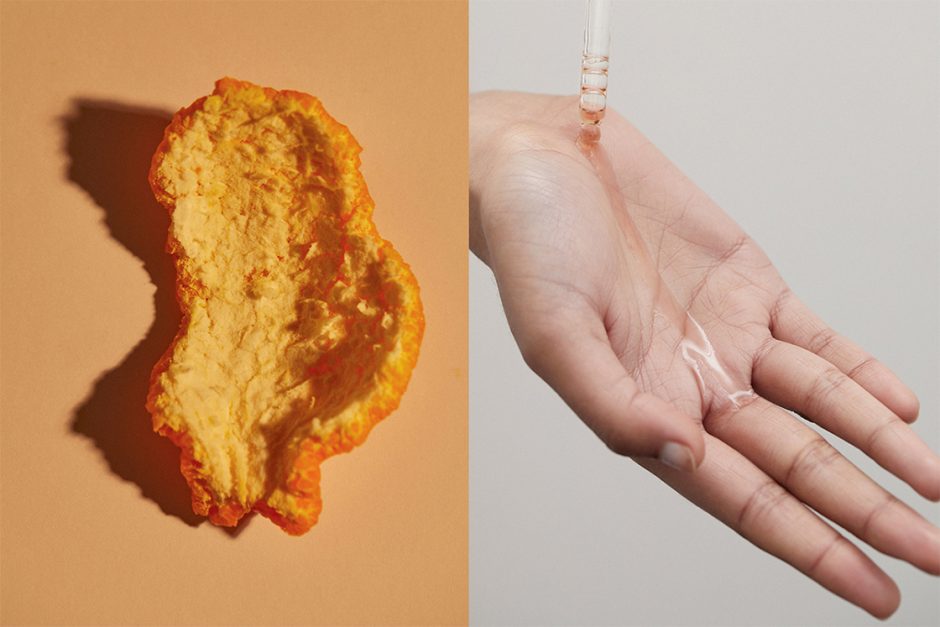
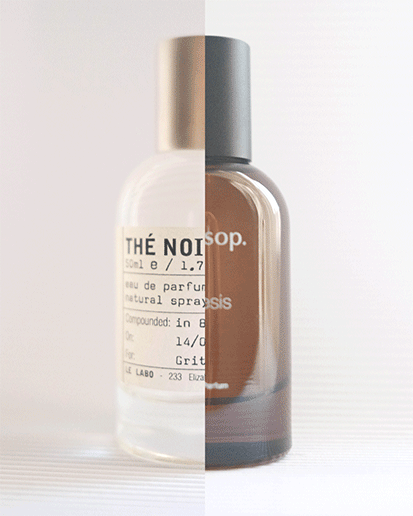
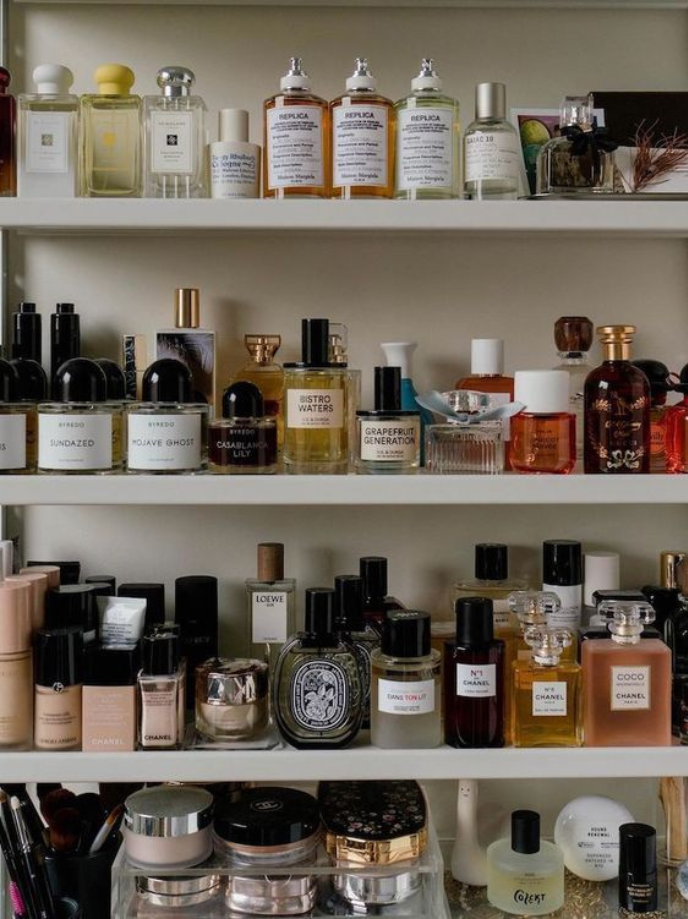

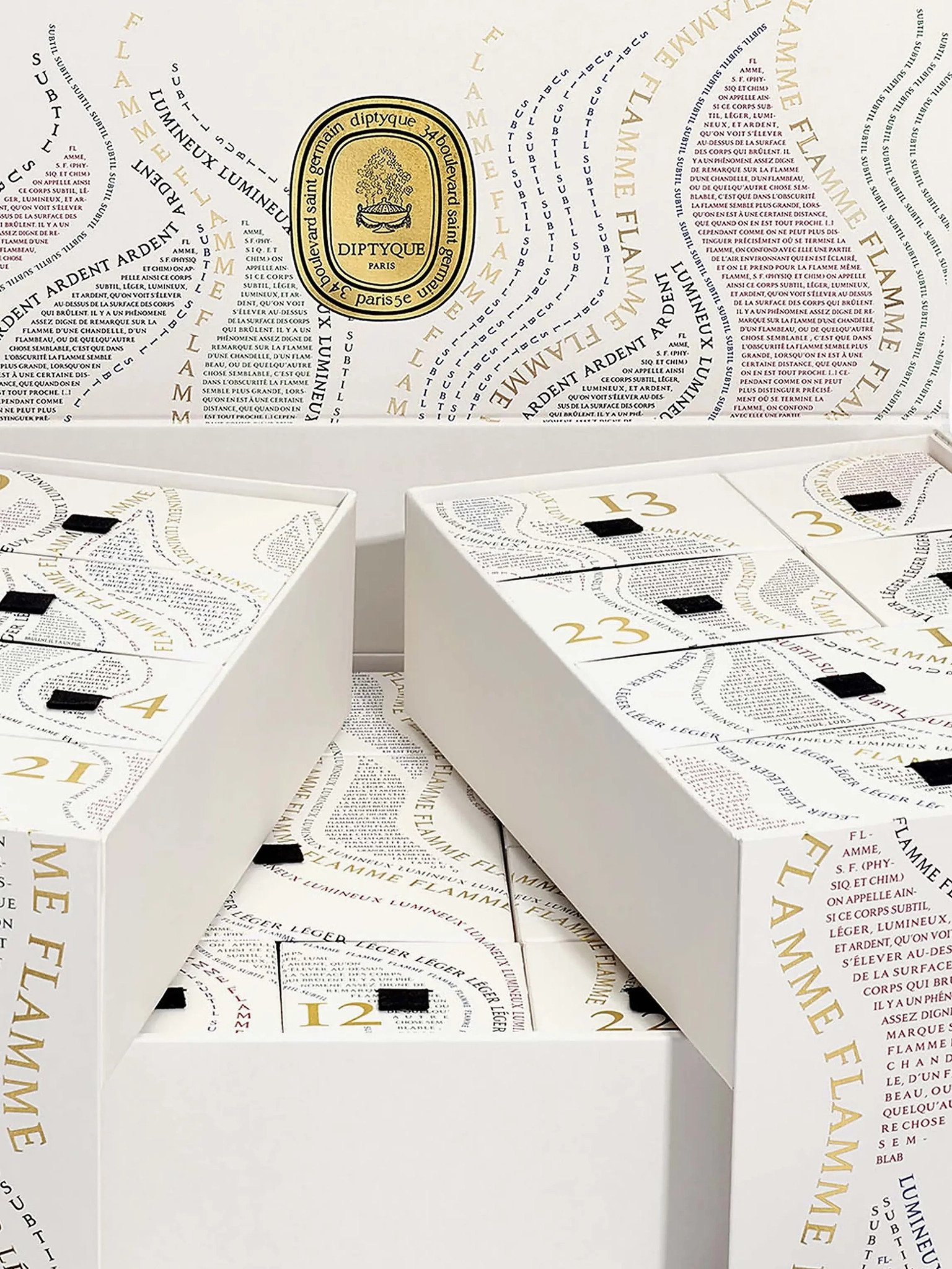
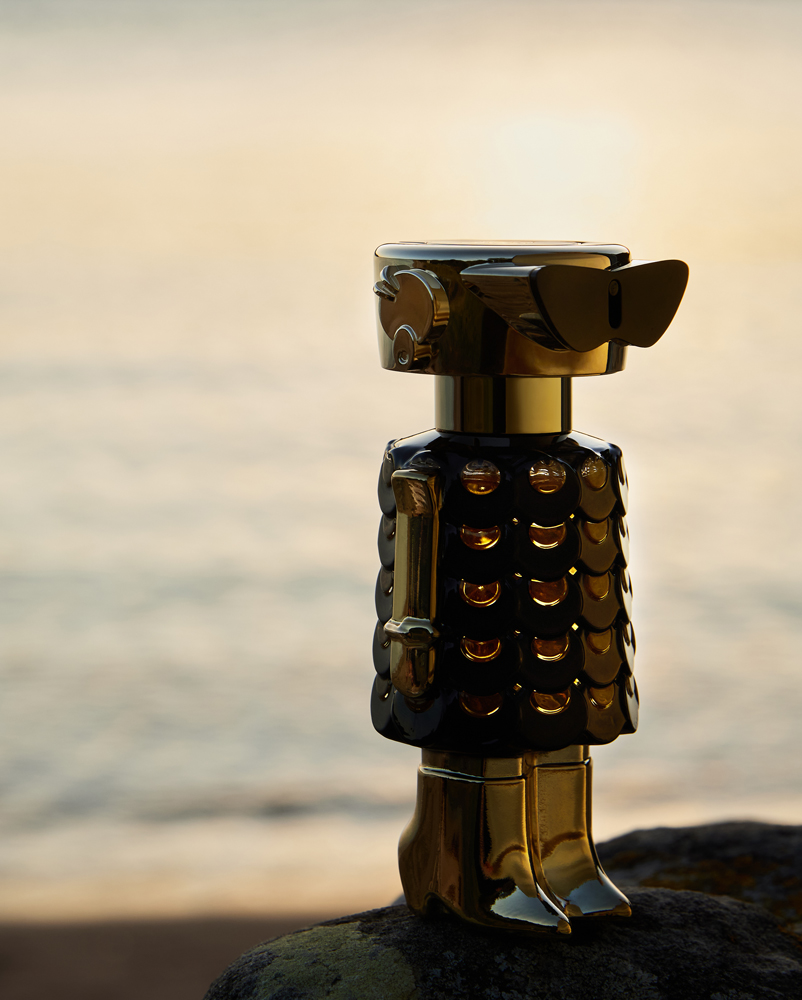
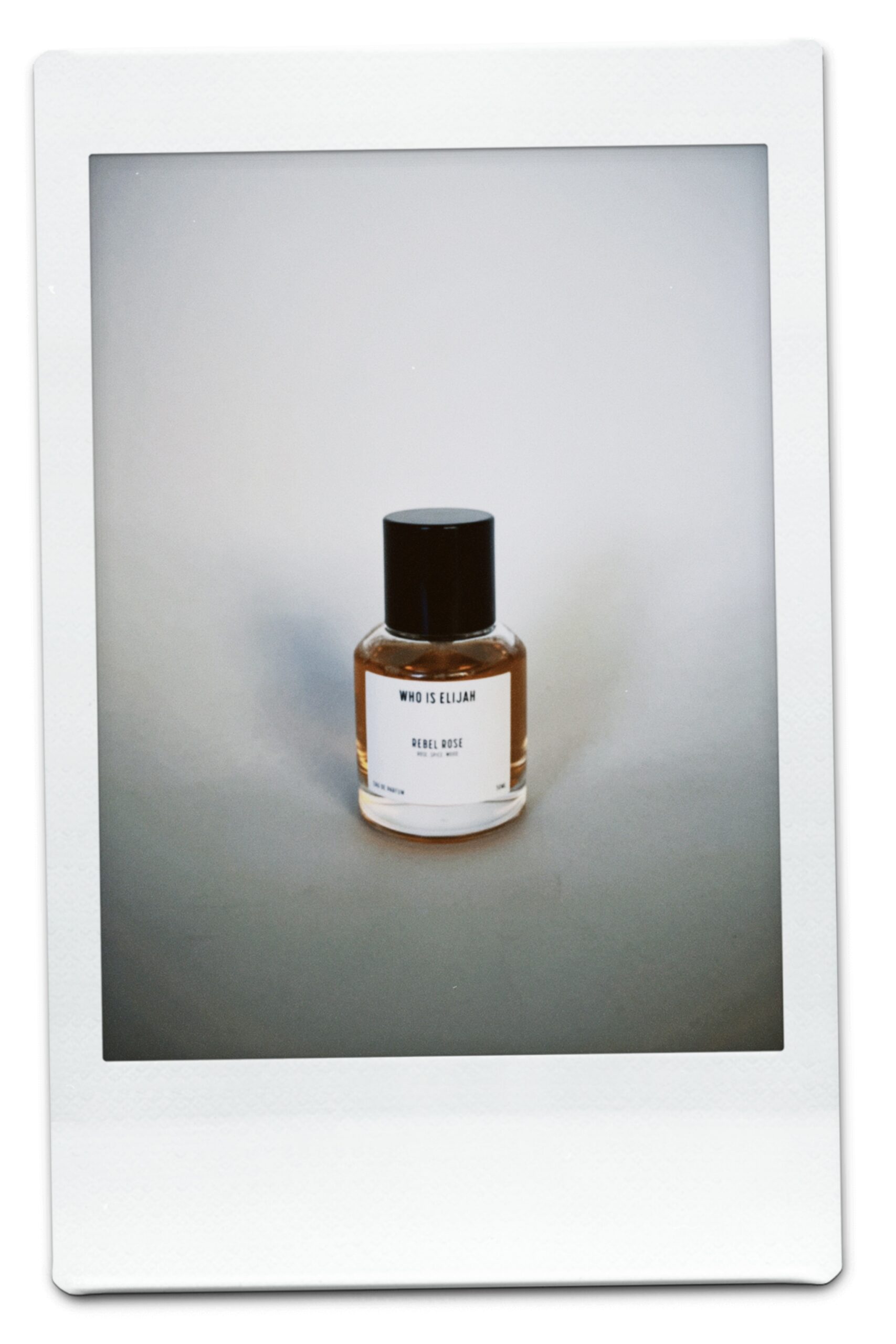
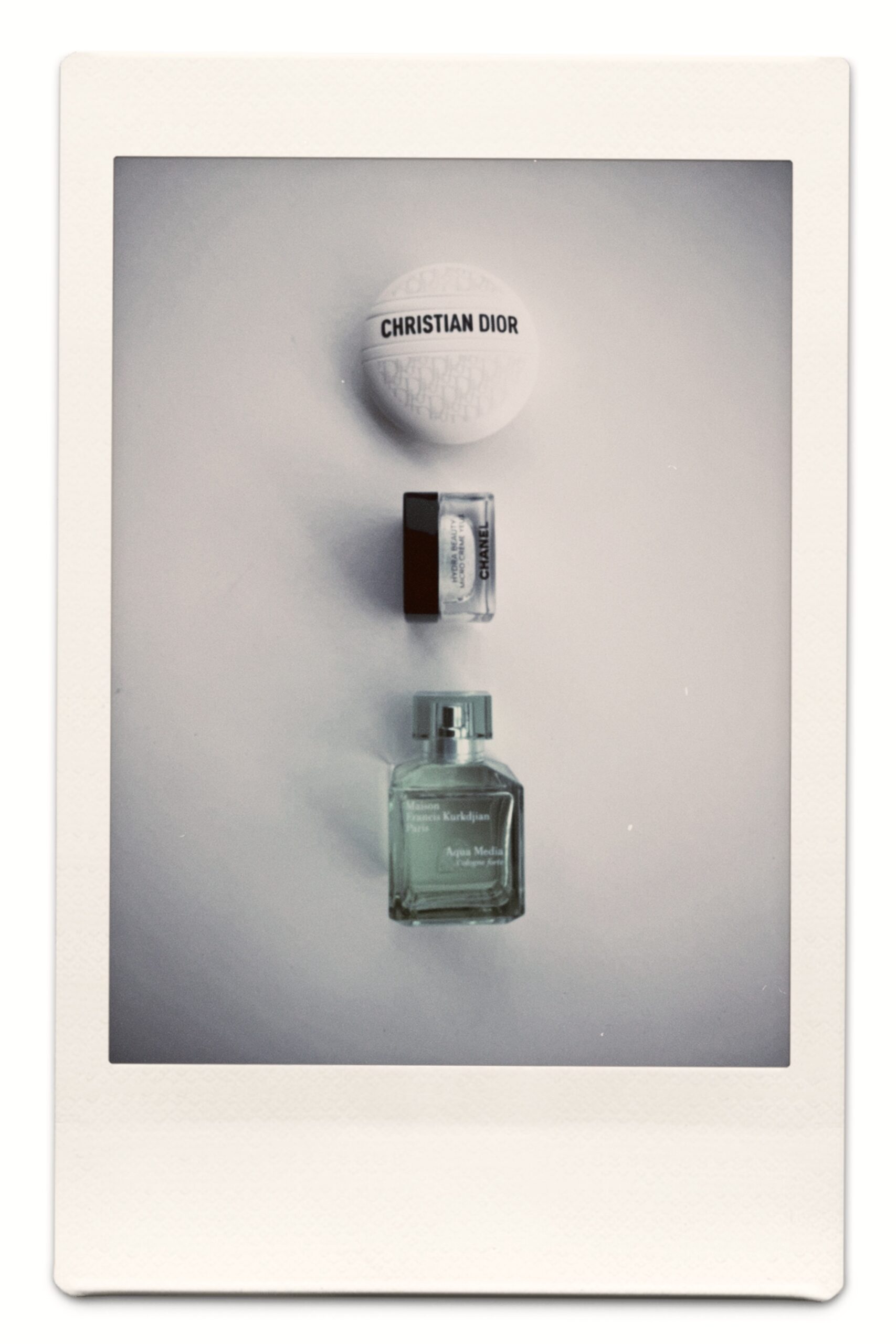
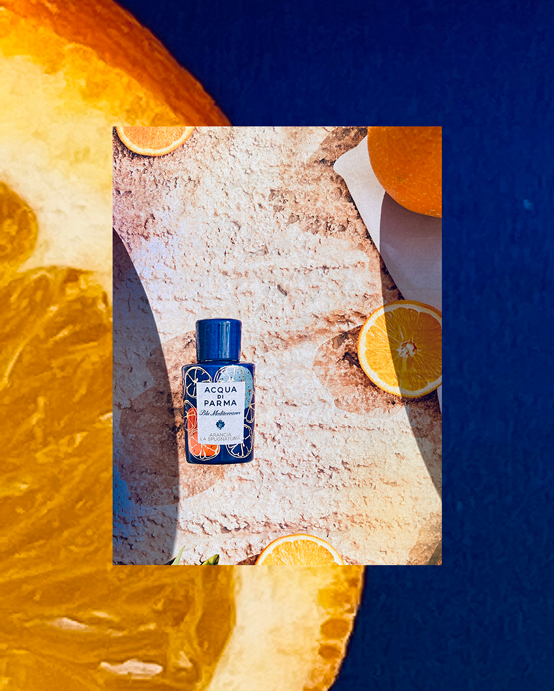
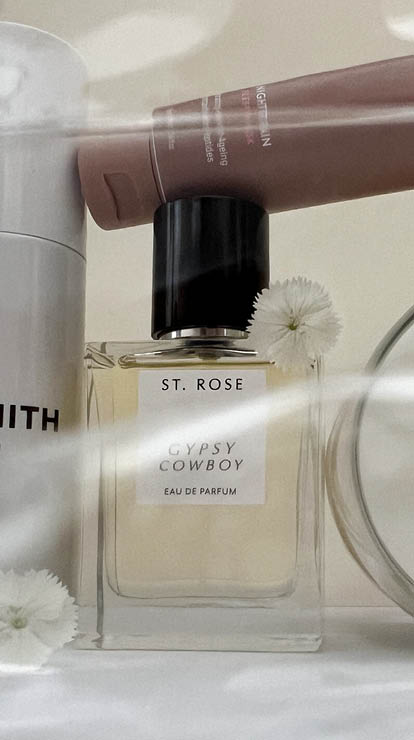
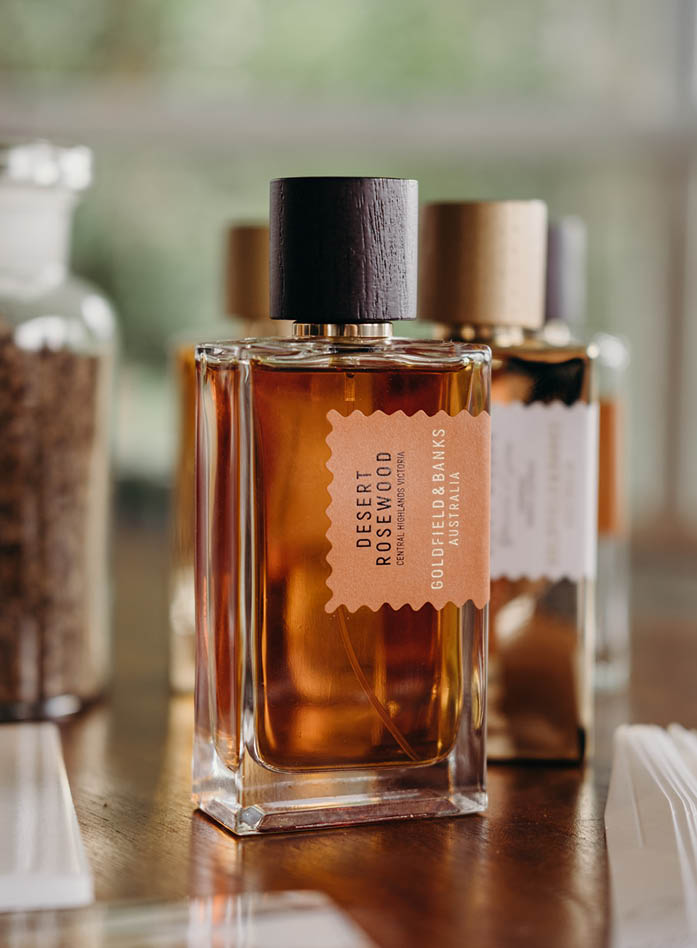
Comments